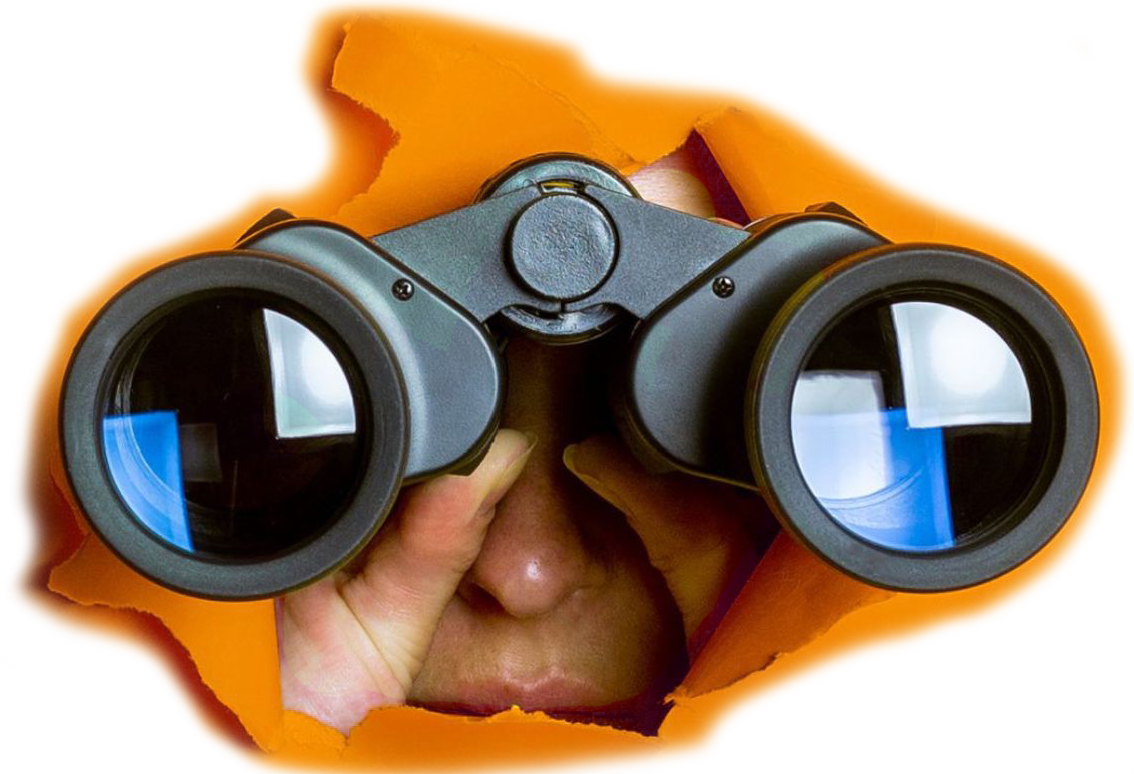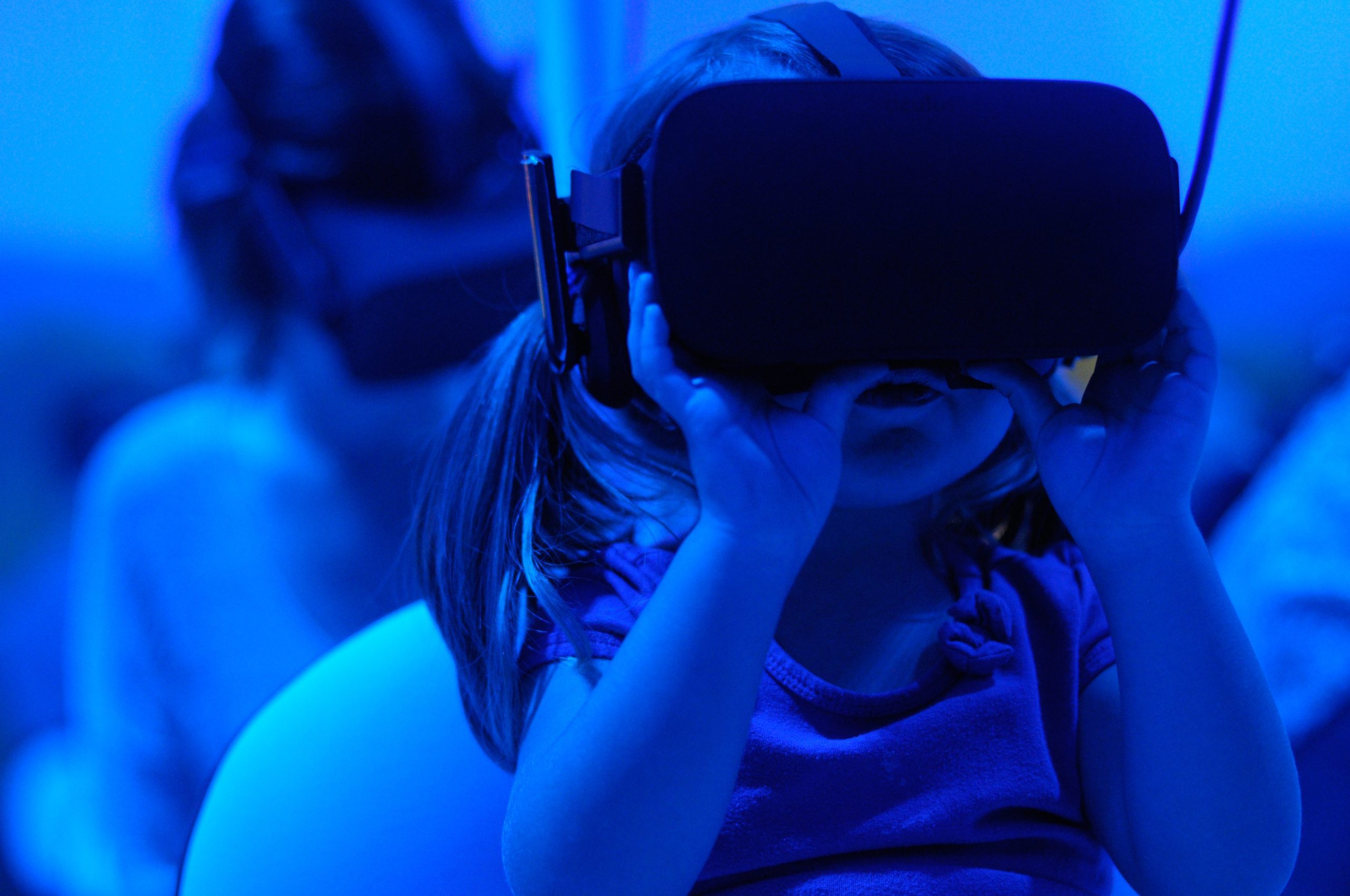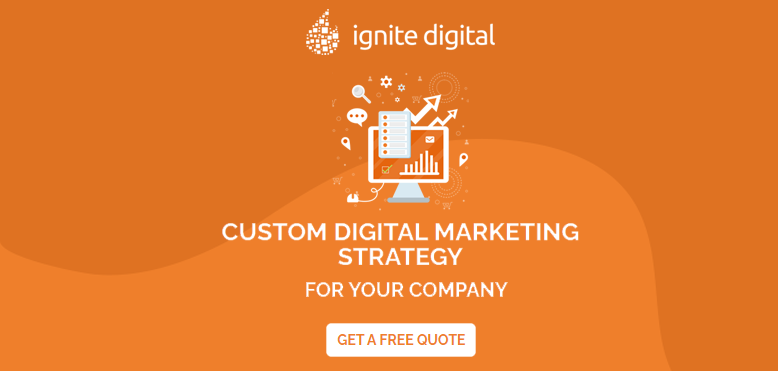Are you ready to take your marketing efforts to the next level? Introducing: experiential marketing. This creative form of advertising is designed to engage customers in meaningful ways that will be remembered long after an event has ended or a product has been purchased.
Experiential marketing definition allows businesses of all sizes to experience an unprecedented level of engagement with their customers, ultimately leading them further down the path of purchase decisions and brand loyalty.
By combining traditional methods like branding and publicity with interactive experiences like virtual reality demos, online gaming sessions, or real-life events, customers can journey through a truly multi-sensory world!
Keep reading for more details on this exciting new approach and learn more about what is experiential marketing!
What is Experiential Marketing and Why Should Your Business Invest in It
In today’s competitive business landscape, standing out from the crowd is essential. That’s where experiential marketing comes in.
In a nutshell, experiential marketing definition is all about creating immersive, interactive experiences that allow customers to engage with your brand on a deeper level. This showcases your brand’s values and personality could take the form of:
- Product launch event
- Pop-up store
- Interactive installation
Some great examples of successful experiential campaigns include Red Bull’s Stratos space jump, Pepsi’s “Uncle Drew” basketball campaign, and Airbnb’s “Night at the Louvre.” By creating memorable experiences for your customers, you can:
- Build stronger relationships
- Generate buzz
- Drive sales
So if you’re looking for a way to differentiate your brand and create lasting connections with your customers, investing in it is a smart choice.
Using Virtual Reality to Create an Immersive Experience
Virtual reality (VR) is a powerful technology that has created new ways to connect with consumers. By providing immersive experiences, companies can create a lasting impression on their audience. This approach is part of the experiential marketing definition.
Experiential campaigns are all about creating an emotional connection between brands and their customers. It aims to make consumers feel, taste, smell, and touch different aspects of a product or service. Some examples of experiential marketing include:
- A car company could use VR to let customers test drive a car before it’s released
- A travel agency could create a virtual tour of a destination
By using Virtual reality, companies can stand out in a crowded market and give customers a unique way to engage with their brand.
Developing Engaging Online Gaming Sessions
In today’s digital age, online gaming sessions have become an increasingly popular way to connect with others and create engaging experiences.
One way to enhance these sessions is through experiential marketing, which allows players to actively participate in immersive campaigns that bring a brand to life.
Experiential marketing definition involves creating interactive experiences that are both memorable and shareable, involving players in a way that traditional marketing methods simply cannot match. Some examples of experiential marketing include:
- Virtual reality simulations
- Scavenger hunts
- Social media challenges
By incorporating experiential campaigns into online gaming sessions, brands can better connect with players and create truly engaging experiences that are sure to leave a lasting impression.
Utilizing Real-Life Events to Promote Products or Services
What is experiential marketing? It is a form of advertising that aims to engage consumers by creating memorable, real-life experiences that promote a product or service. To create a lasting impression, this type of marketing:
- Uses immersive and interactive campaigns
- Connects with consumers on a deeper emotional level
- Incorporates elements of sensory and physical engagement
By utilizing experiential campaigns using real-life events, companies can:
- Increase brand awareness
- Evoke emotions
- Generate organic word-of-mouth promotion
Some prime examples of experiential marketing include Google – Outside Lands Music Festival, Nike – Unlimited Stadium, and Samsung – SlideLiner. These campaigns not only generated buzz but also spoke to the effectiveness of utilizing real-life events to promote products or services.
Combining Traditional Methods with Interactive Experiences
The advent of experiential marketing has revolutionized traditional marketing methods by combining what is experiential marketing with interactive experiences aimed at providing customers with immersive experiences. It is an effective way for brands to connect with their audiences by:
- Creating memorable moments that leave a long-lasting impression
- Creating campaigns that are not just visually appealing but also interactive
- Inviting customers to participate and become part of the brand experience
Examples of experiential marketing include pop-up events, interactive installations, virtual reality experiences, and augmented reality campaigns. Successful experiential campaigns have been known to create a buzz, generate social media attention, and drive sales.
Combining traditional methods with interactive experiences is an innovative way to create a multi-dimensional experience that leaves customers wanting more.
Tips for Maximizing ROI From Experiential Marketing Campaigns
But what is experiential marketing? It is a strategy designed to generate active engagement between consumers and brands. It creates memorable experiences to develop a lasting relationship between the two parties.
This type of marketing goes beyond traditional advertising methods and seeks to create sensory experiences that capture the attention of a target audience. Experiential campaigns can differentiate a brand from its competitors by:
- Organizing events
- Producing interactive installations
- Providing free samples of products
There are numerous examples of experiential marketing that have been implemented by brands worldwide. However, to maximize the ROI for marketing campaigns, brands must create an effective plan that targets their specific audience and aligns with their overall marketing goals.
As we have seen, experiential marketing definition refers to it as an invaluable tool for businesses that want to create a truly immersive environment for customers.
By combining traditional methods of advertising with interactive elements such as virtual reality demos and online gaming sessions, this creative solution creates multi-sensory experiences that result in deeper engagement and longer-term customer loyalty.
If you are looking to maximize your ROI from these marketing campaigns, make sure you invest in the right combination of high-quality physical equipment and software to ensure a top-notch experience.
As your business takes this next step in the evolution of marketing, don’t forget to deeply understand what is experiential marketing and take advantage of its various benefits. With the right approach and strategy, experiential marketing will help you reach new heights!




